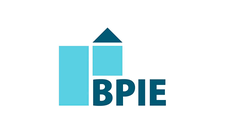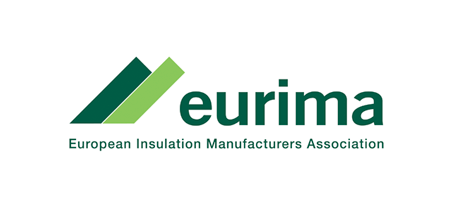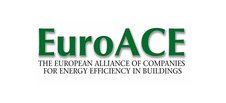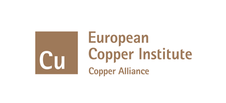Search eceee proceedings
User perceptions of the emerging hydrogen infrastructure for fuel cell electric vehicles
Panel: 4. Mobility, transport, and smart and sustainable cities
This is a peer-reviewed paper.
Author:
Uta Schneider, Fraunhofer Institute for Systems and Innovation Research, Germany
Abstract
Hydrogen used to fuel vehicles can help to reduce the negative impacts of fossil fuels in the transport sector. Furthermore, fuel cell electric vehicles (FCEVs) are more energy efficient than conventional ones. FCEVs need an infrastructure of hydrogen refuelling stations (HRS). The "50 HRS Programme", which was funded by the German Federal Ministry of Transport and Digital Infrastructure (BMVI) as part of the National Innovation Programme Hydrogen and Fuel Cells Technology (NIP), is intended to expand the HRS network and to create the basis for research and development.
This paper presents the objectives, methodology and findings of an integrated qualitative and quantitative study of user perceptions of the hydrogen infrastructure in Germany. The scientific work was part of comprehensive research activities accompanying the 50 Hydrogen Refuelling Stations Programme (financed by BMVI).
The qualitative part comprises refuelling tests at a HRS and focus groups consisting of 6 experienced and 8 inexperienced customers. In a second step, an online survey was conducted with 100 former and current users of FCEVs in Germany.
In the refuelling test, every test participant was able to successfully refuel the vehicle and the refuelling process was perceived as simple. This is supported by the survey results, which indicated that respondents were particularly appreciative of the short duration of the refuelling process (>90% satisfaction). However, more than 80% of the survey respondents were confronted with technical problems at least once while refuelling. Overall, the technology is perceived as not yet fully market-ready and requiring improvement, especially of the refuelling infrastructure in terms of density and reliability. Despite these shortcomings, the respondents regard hydrogen as a promising future technology in the transport sector.
Downloads
Download this presentation as pdf: 4-289-17_Schneider_presentation.pdf
Download this paper as pdf: 4-289-17_Schneider.pdf
Panels of
1. Foundations of future energy policy
2. Policy: governance, design, implementation and evaluation challenges
4. Mobility, transport, and smart and sustainable cities
5. Buildings and construction technologies and systems
6. Buildings policies, directives and programmes
7. Appliances, products, lighting and ICT
8. Monitoring and evaluation: building confidence and enhancing practices























